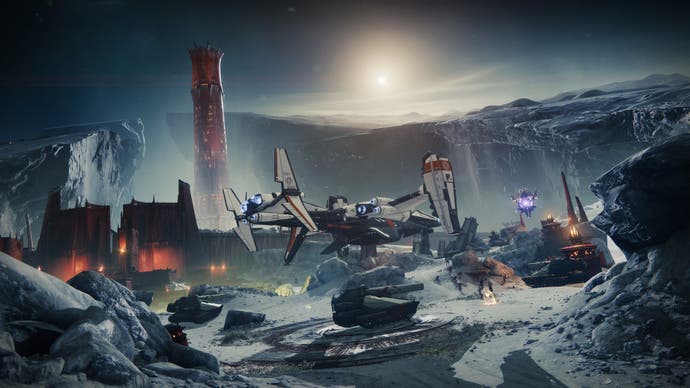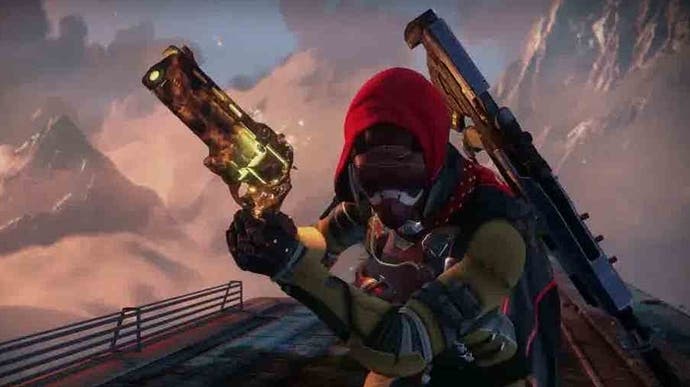Luria and defining where a game ends
"The body is a unity of action..."
I'm currently reading Lawrence Weschler's wonderful memoir And How are You, Dr Sacks? It's a book about his forty year friendship with the neurologist Oliver Sacks. Every page seems to contain something worth noting down. I was particularly struck by a section in which Sacks talks about his great hero, the Russian neuropsychologist A. R. Luria. Luria's someone whose work I've circled for a while without ever having the nerve to head in. Now I realise I must, because Sacks quotes just one line of Luria's, and I am besotted.
Luria's talking about the body. "The thing is," says Sacks, "he would grasp the character or nature of various things as a whole.. A sentence of his that has truly resonated for me was, 'The body is a unity of action' - since for others it's just 'a mass of tissues' - 'and that which is cut off from the unity of action is unbodied.'" Sacks loves that line, and so do I. I've been thinking of it ever since. At first it seems like poetry - the body is a unity of action! - but the more I turn it over, the more it seems precise. He is drawing a line around the body. He is grasping the totality of it in a way that seems very useful.
Please believe me, at the same time as I was on the train the other day reading this, I was dipping in and out of recent Eurogamer podcasts, and there's one podcast in particular that sort of lined up beautifully with Luria. Or rather, Luria seemed to solve a problem we were all struggling with.
In the podcast in question we're trying to pick through our games of the decade. The problem we have is that a lot of the obvious candidates...well, a lot of the obvious candidates don't seem to be very good games.

Pokémon Go is easily one of the most astonishing games of the last ten years. In a way, it has changed so much. But the game itself - as someone mentions, it's just three people in a pub tapping at their screens without even looking at their screens. Pokémon Go the phenomenon is glorious - Facebook filled for that magical opening month with relatives I had never seen talking about games before suddenly recounting walks they had been on and monsters they had captured. There's the return to nature, the rediscovery of the local environment and of the seasons! I was in hospital for a week when Pokémon Go struck, in a very sleepy neurology ward that all the student nurses admitted was a ward they dreaded working in because it was so boring. But they kept nipping out into a corridor to collect Pokémon. Then they'd come back into the ward and show me what they had got. It was a magical thing, but it's also kind of a crap game. So what to do?
Ditto Destiny. A lot of the time, I am told, Destiny is just bad: grindy and half-formed and under-imagined and hackneyed and just dumb. A game with little respect for your time and little respect for itself, it seems. And yet! Destiny has also been this glittering puzzle box various members of the editorial team have been shaking and twisting and sounding out for the last few years. It has a pull. It is fun to talk about, to complain about. It is fun in hundreds of little ways that intrude into the real world and leave the screen behind.
There are hundreds of cases like this. It's not a good game, you want to say, but what it does is sort of wonderful in this strange way: wonderful to think about, worry over, dissect, fume about.
What to make of this? I think Luria has the answer. The body is a unity of action. Maybe a game is a unity of action too. The game is the code, the graphics, the things on the screen linked to you by the rules that control everything. But the unity also contains the action that moves far beyond the screen: the things that wake you up in the middle of the night because they're so annoying, so broken. The things that happened because you were thinking about Destiny when you should have been thinking about something else. The Pokémon that brought a boring neurology ward to brief skittering life. The game is bigger than the code, just like Monopoly, say, a deeply maligned board game, is bigger and far better than the board and the pieces and the rules. The unity of the action is what counts. The world that is created around the separate elements of the game, and which brings them all into the light.
If you enjoyed this episode, consider giving us a review on your podcast service of choice, and you can listen more if you subscribe to one of the following services:









